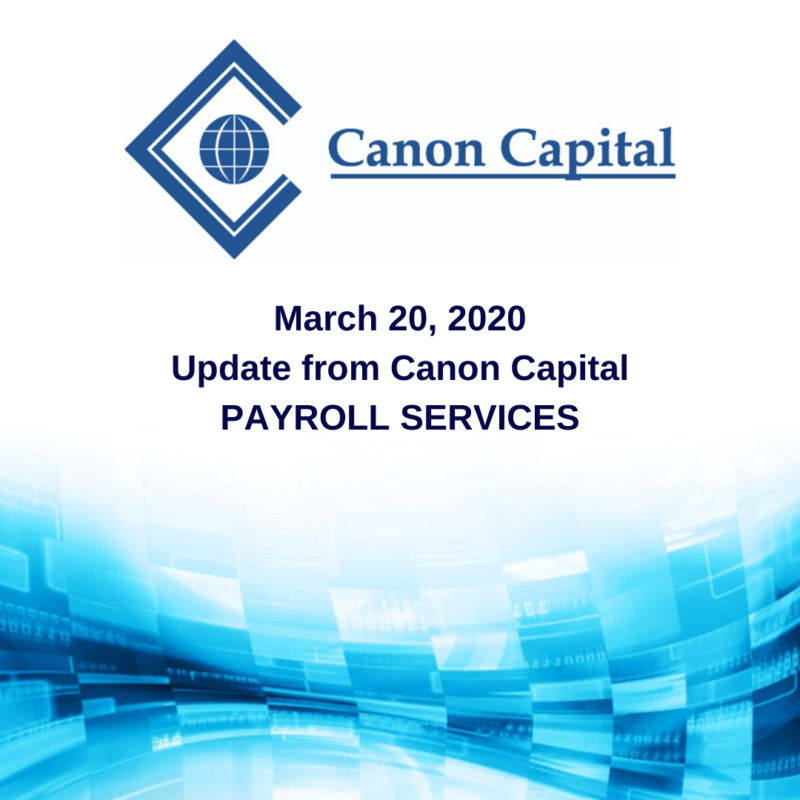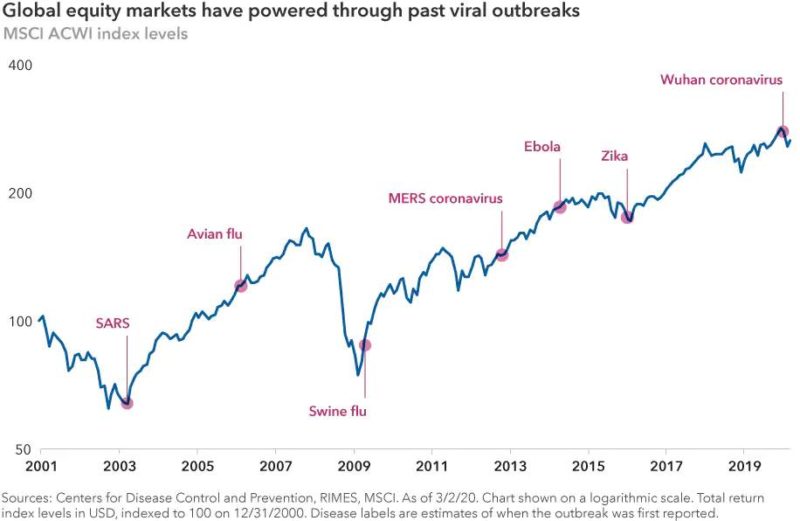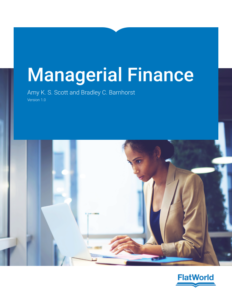
As we meet and work with people in all stages of life, some common questions come up again and again. Canon Capital Wealth Management Senior Investment Advisor Chuck Porter addresses the balance of financial priorities when you’re starting out in your career.
Question: “My husband and I are in our late 20’s. We would like to be able to put money towards our retirement, but we just can’t afford it! How do other people make ends meet and save money to retire?”
Gone are the days of guaranteed pensions, stable social security, and retirement healthcare coverage. Today’s retirees are facing tough decisions and even tougher realities, and young professionals are watching. Seeing the prior generation work later in life, live longer, and the deterioration of Social Security benefits has many people of your generation thinking ahead. 401(k)s are taking over as the most popular method of employer-sponsored retirement saving. People are forced to budget their own retirement savings and make sound investment decisions. Many are not properly educated in the area of personal finance when they are required to start making these choices; sadly, this leads to bad financial decisions and will continue to be a concern for future generations.
Many people fear that they will have no spending money if they start putting money towards retirement and delay saving in favor of short-term needs. In reality, one percent of your pay pre-tax is usually the difference of one or two coffees in a month. The benefit you receive if your employer offers a match is worth far more. What many people consider to be a ‘small’ company match will generate tens of thousands of dollars in retirement earnings over time. If you do not contribute enough to earn the full company match, you are leaving free money on the table.
If you are hesitant about contributing, start out small. Begin by maximizing the employer match from the day you are eligible. A general rule of thumb is to increase your contribution with every raise that you earn, so even if you receive a small raise, bump up your contribution in proportion. It is much harder to save more when you’ve gotten used to spending that extra cash. Make the most of your savings by creating a mixed portfolio appropriate to your age and time until retirement, and if you have questions, seek help from a financial professional. An advisor can also assist you if you are self-employed or if your employer does not offer a match or a retirement plan.
After you have started saving through your company retirement plan, look at your income and spending habits. Cash management is crucial to making ends meet: a realistic budget could help solve a lot of social and economic problems. While it can seem overwhelming, the principles are the same no matter your income level.
- Debt
Chances are that you and/or your partner have some form of debt. Start by organizing it all and make sure you understand the terms. Use a spreadsheet, debt reduction calculator, or work with a financial professional to compare different payoff scenarios. Often, paying off high-interest debt like credit cards can save you hundreds of dollars. Paying off low balances first lends you more money each month to ‘snowball’ into the next piece. Whatever method works best for you, resist the temptation to stop retirement savings. Even 1 or 2% going into your 401(k) throughout the years of debt reduction can make a major difference long term. Try not to take on new debt – if you can’t afford it now, don’t assume you will be able to later.
- Buffer
Make sure you leave money for living expenses. Your outgoing loan payments should not exceed 40% of total income. Expect something unexpected to happen and try to keep three to six months’ worth of expenses available for an emergency so that you are not taking on new debt to cover it. One major word of caution; don’t lie on applications so that you can “afford” a bigger mortgage or newer car. While it is harder to get away with nowadays, stretching for larger loans forced millions of Americans into foreclosure during the Great Recession. To build up this buffer, set up a consistent amount monthly that you are saving, and try to add to it with irregular income like bonuses. It may be 5-10% of income, or just $25-50 a month. Either way, create the habit.
- Spending
I encourage new couples to individually keep track of all their purchases in a small notebook for one month and review it together. There are multiple apps that can assist with this too, if you are open to it. My wife and I did this when we were first married, and it was amazing to see where our money was really going. What we soon found was that we were thinking at the register and we quickly began making less frivolous decisions and had more money to save. You can also look back over the past 3-6 months of transactions in your accounts. Be very realistic with your budget; don’t say that you will only spend $20 on hair products if you have consistently been spending $50.
- Fixed vs. Variable Expenses
Start your list with fixed expenses, like rent and debt. Try to round up debt payments by $5, $10, $50 dollars if possible; even a little extra adds up. After you cover your fixed expenses, break up your variable costs into categories that reflect your lifestyle. Do you want to track spending at coffee shops, restaurants, dessert, and markets individually? Or is one ‘dining’ category okay? Finally, be sure to set aside some money each month to go towards irregular expenses. You know you will have to spend money on your car, health, or home, but it’s rarely in the form of an even $25 a month. Be prepared for big bills by setting up an intermediate bucket to cover those costs – without hitting the emergency fund.
- Reward
You should reward yourself for good habits! Set a goal that when you pay off a debt, you will use that $200 for a nice dinner the next month before moving on to the next one. Reach an emergency savings goal? Use a weekend to stay-cation and imagine what your next savings goal will be – maybe a vacation or car fund? Once you hit a few milestones, you will feel more in control.
It may be tempting to stop saving and pay off debt or ignore the debt until you reach a savings goal. Make sure you keep all the pieces going, even if it is slowly. By applying these principles, you are on your way to financial independence. As your income grows and your obligations shrink, you will be able to shift how much is going to each item. In 10 years, you could be putting 10-15% into retirement and have healthy savings, while feeling in control of your spending.
 Chuck Porter, Jr. has been with Canon Capital since 2006 and was admitted to the company as a unitholder (owner) in 2018. He is a Senior Investment Advisor specializing in serving high-net-worth individuals and families. Chuck graduated from Widener University where he majored in Economics with an emphasis in Personal Financial Service. He has a Certificate in Financial Management for the Family Office from Pepperdine University’s Graziadio School of Business and Management and he is an Accredited Investment Fiduciary.
Chuck Porter, Jr. has been with Canon Capital since 2006 and was admitted to the company as a unitholder (owner) in 2018. He is a Senior Investment Advisor specializing in serving high-net-worth individuals and families. Chuck graduated from Widener University where he majored in Economics with an emphasis in Personal Financial Service. He has a Certificate in Financial Management for the Family Office from Pepperdine University’s Graziadio School of Business and Management and he is an Accredited Investment Fiduciary.
This article is designed for general information only. The information presented should not be construed to be formal advice nor the formation of a client relationship.








 Chuck Porter, Jr. has been with Canon Capital since 2006 and was admitted to the company as a unitholder (owner) in 2018. He is a Senior Investment Advisor specializing in serving high-net-worth individuals and families. Chuck graduated from Widener University where he majored in Economics with an emphasis in Personal Financial Service. He has a Certificate in Financial Management for the Family Office from Pepperdine University’s Graziadio School of Business and Management and he is an Accredited Investment Fiduciary.
Chuck Porter, Jr. has been with Canon Capital since 2006 and was admitted to the company as a unitholder (owner) in 2018. He is a Senior Investment Advisor specializing in serving high-net-worth individuals and families. Chuck graduated from Widener University where he majored in Economics with an emphasis in Personal Financial Service. He has a Certificate in Financial Management for the Family Office from Pepperdine University’s Graziadio School of Business and Management and he is an Accredited Investment Fiduciary.


 Chuck Porter, Jr. has been with Canon Capital since 2006 and was admitted to the company as a unitholder (owner) in 2018. He is a Senior Investment Advisor specializing in serving high-net-worth individuals and families. Chuck graduated from Widener University where he majored in Economics with an emphasis in Personal Financial Service. He has a Certificate in Financial Management for the Family Office from Pepperdine University’s Graziadio School of Business and Management and he is an Accredited Investment Fiduciary.
Chuck Porter, Jr. has been with Canon Capital since 2006 and was admitted to the company as a unitholder (owner) in 2018. He is a Senior Investment Advisor specializing in serving high-net-worth individuals and families. Chuck graduated from Widener University where he majored in Economics with an emphasis in Personal Financial Service. He has a Certificate in Financial Management for the Family Office from Pepperdine University’s Graziadio School of Business and Management and he is an Accredited Investment Fiduciary.